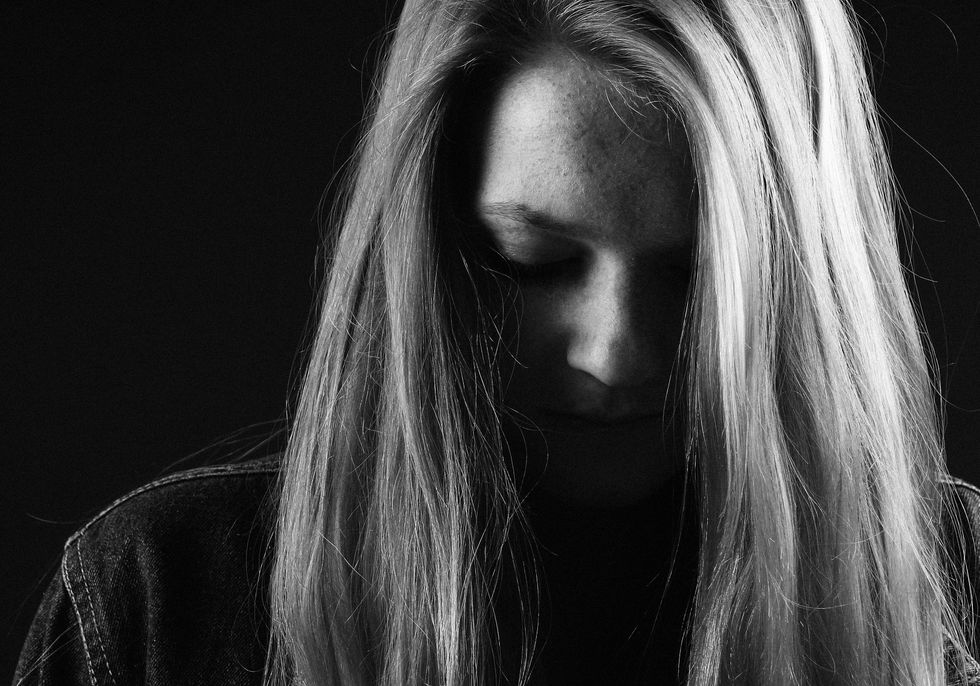Sexual harassment is one of the most uncomfortable topics to discuss, first because it has to do with two things that are already uncomfortable to talk about—sex and the misuse of sex. But today, women around the world are choosing not to ignore this elephant in the room, mainly in light of the Harvey Weinstein incident, much like the Bill Cosby incident, much like the Bill O' Reilly incident, much like the Roger Ailes incident. And the saddest thing is that this list of males taking advantage of females goes on, and on.
In defining sexual harassment, it is important to understand that it is not only physical sexual aggression, to the magnitude of rape, that is involved. Any unwanted sexual advance toward another unwilling party is sexual harassment. This includes things like unwanted, inappropriate touching, grabbing, kissing, etc. on another person, unwanted explicit images sent by phone, email, or other means, flashing a person with nudity, vulgar gestures and comments that allude to sexual acts, and requests for sexual favors.
The military includes in its definition some effects of sexual harassment that help identify acts that may be included in the range. Acts of sexual harassment may interfere with a person's ability to keep or acquire a certain job, position or amount of pay. It may interfere with a person's individual performance and create an intimidating, uncomfortable or hostile environment for the victim.
From youth, most girls are faced with unwanted sexual advances. According to the Huffington Post, one in three women in America between the age of 18 and 34 has been sexually harassed at work. In college, that number is one in five, according to the National Sexual Violence Research Center.
The intensity and prevalence of sexual harassment may be even more potent depending on the country in which you live. In some countries, like Saudi Arabia and Libya, victims of sexual harassment are not protected by the law, so these girls and women have no means of combating these disheartening acts.
But even in America, where there are definitely laws against these evils, why does so much of it still happen? Because women are afraid to speak up. For some it is the fear of losing your livelihood, losing the job that feeds your family, fear of people not believing your story, fear of opening up about it, fear of reliving it, fear of feeling more vulnerable, fear of nothing being done about it even after you do make yourself vulnerable, fear of feeling weak, fear of being told you are being dramatic, fear that you "let it happen," fear of being laughed at, fear that this is just the way life goes, fear that yours is a hopeless case.
I have seen so many "me too"s this week scrolling down my timeline and it is so heartbreaking because—well—me too. My first encounter happened in middle school at the (literal) hands of boys who—I'm just going to assume—did not know any better due to immaturity. Other instances happened in high school and even with a boyfriend.
I think many people fail to realize that just being in a relationship with someone does not automatically entitle your partner to any part of your body that you are not willing or simply ready to give. Even pressuring a person to have sex while in a relationship when they have clearly said no and are not ready, is sexual harassment.
Sometimes it is only in retrospect that you realize some of the things that have been done to you. I did not realize I had been a victim until my freshman year in college because before then I did not understand the full scope of the term. There are women who have been victims since single-digit ages, others since their teens or twenties. These incidents happen at school, work, in public, in the home, and even at church.
I sympathize with anyone who has ever experienced any level of sexual harassment, and I am glad this issue is no longer being swept under the rug. There are people truly hurting or messed up because of the actions of other despicable individuals.
Elie Wiesel—a holocaust survivor once said in a speech: "The opposite of love is not hate. The opposite of love is indifference." When people turn a blind eye to things that cause hurt, it makes the world worse. Instead of being indifferent about all these "me too"s floating around the internet, we need to make a conscious effort to change these statistics. I believe a lot has to do with education—educating boys and girls from a young age about keeping their hands to themselves and how to approach each other in a respectful manner.
Ladies, one thing we can do is look out for each other and call people out on wrongs when they occur. Be a listening ear and help other women relay their story to officials so that justice can be served. We cannot be silent because that silence is a choice that works against women who may be afraid to go to work and girls who may be afraid to go home because of the horrible experiences they are facing. Let us not let our indifference be the difference between a just society and one full of injustice.
















